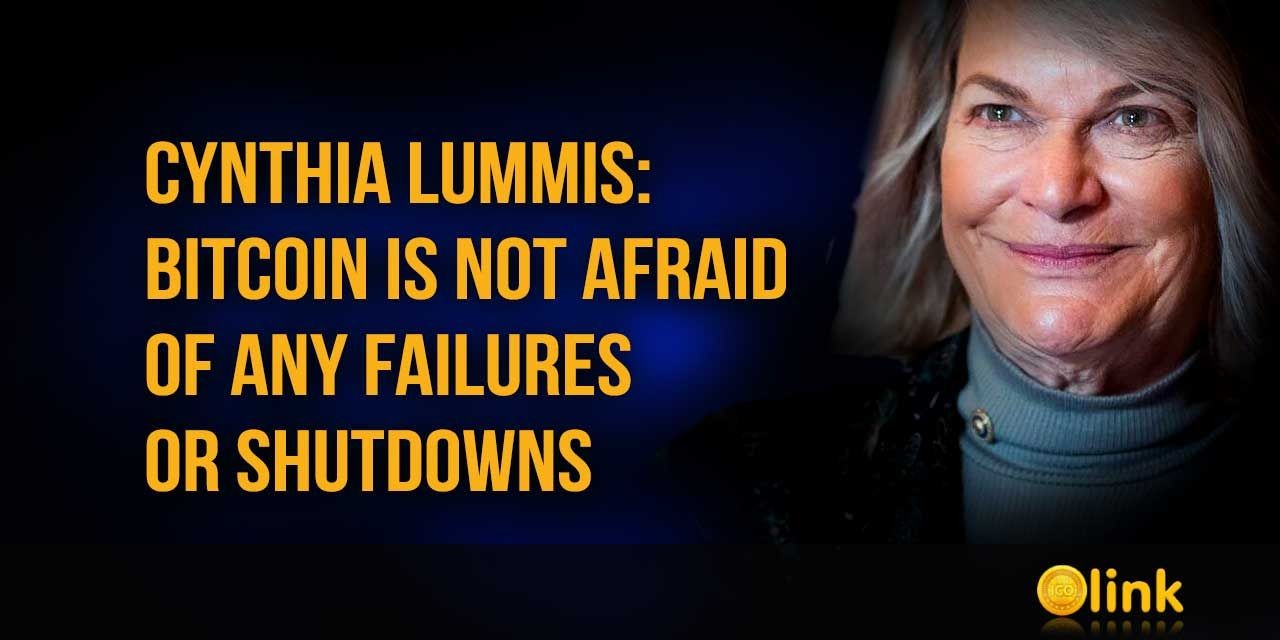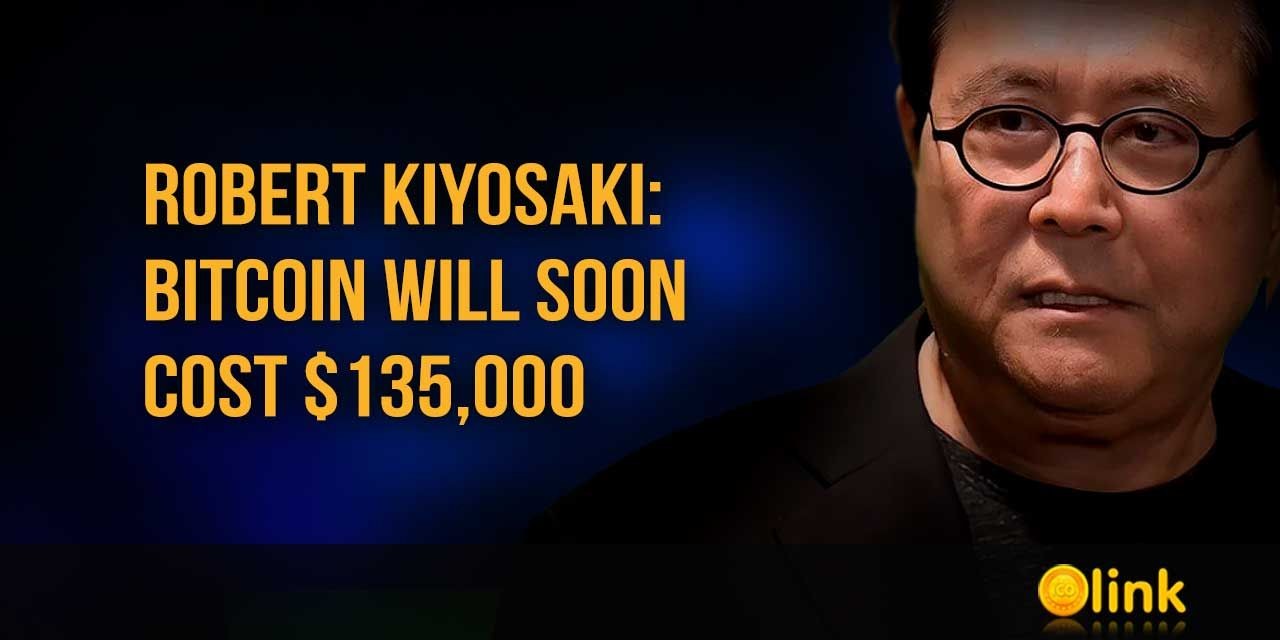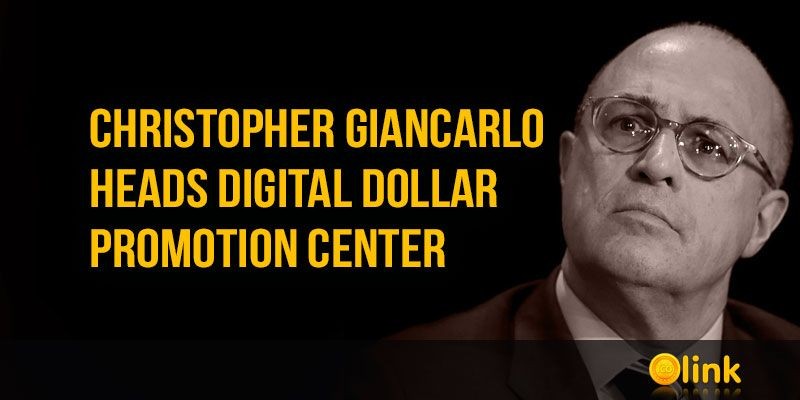digital dollar
Here you will find all posts tagged digital dollar
About digital dollar ℹ️
The digital dollar refers to a proposed form of digital currency issued by a central bank, such as the Federal Reserve in the United States, that would exist in digital form rather than physical cash. Unlike traditional fiat currency, which is represented by physical banknotes and coins, a digital dollar would be purely electronic, allowing for instant and secure transactions over the internet or other electronic networks. The concept of a digital dollar has gained traction in recent years as central banks around the world explore the potential benefits of digital currencies, including increased efficiency, financial inclusion, and resilience of the payment system. Proponents argue that a digital dollar could streamline payment processes, reduce transaction costs, and provide greater access to financial services for underserved populations. One potential implementation of a digital dollar is through the use of blockchain or distributed ledger technology (DLT), which could enable the issuance, transfer, and storage of digital currency in a secure and transparent manner. A digital dollar could be stored in digital wallets and transferred between users instantly, without the need for intermediaries such as banks or payment processors. Advocates for a digital dollar also point to potential benefits for the economy, including improved monetary policy transmission, enhanced financial stability, and greater resilience to financial crises. Additionally, a digital dollar could enable programmable money, allowing for the automation of certain financial transactions and the development of innovative financial applications and services. However, the concept of a digital dollar also raises important questions and challenges, including concerns about privacy, security, and regulatory oversight. Critics worry about the potential for government surveillance and intrusion into individuals' financial lives, as well as the risk of cyberattacks and other security breaches. Overall, the idea of a digital dollar represents a potentially transformative development in the world of finance and payments, with the potential to reshape the way money is created, stored, and transacted. While there are still many questions to be answered and challenges to be addressed, the concept of a digital dollar has sparked widespread interest and debate among policymakers, technologists, and financial experts around the world.
Bitcoin's Resilience: Senator Cynthia Lummis's Stance on Cryptocurrency Stability
Robert Kiyosaki's Financial Prophecies: Bitcoin, Gold, and The Future of Wealth
Former Chairman of the Commodity Futures Trading Commission (CFTC) Christopher Giancarlo announced the creation of the Digital Dollar Foundation.
Giancarlo said that a non-profit organization will study the possibilities and prospects of "converting" the US dollar into electronic currency on the blockchain, as well as explore the potential benefits of a "digitized" dollar.


